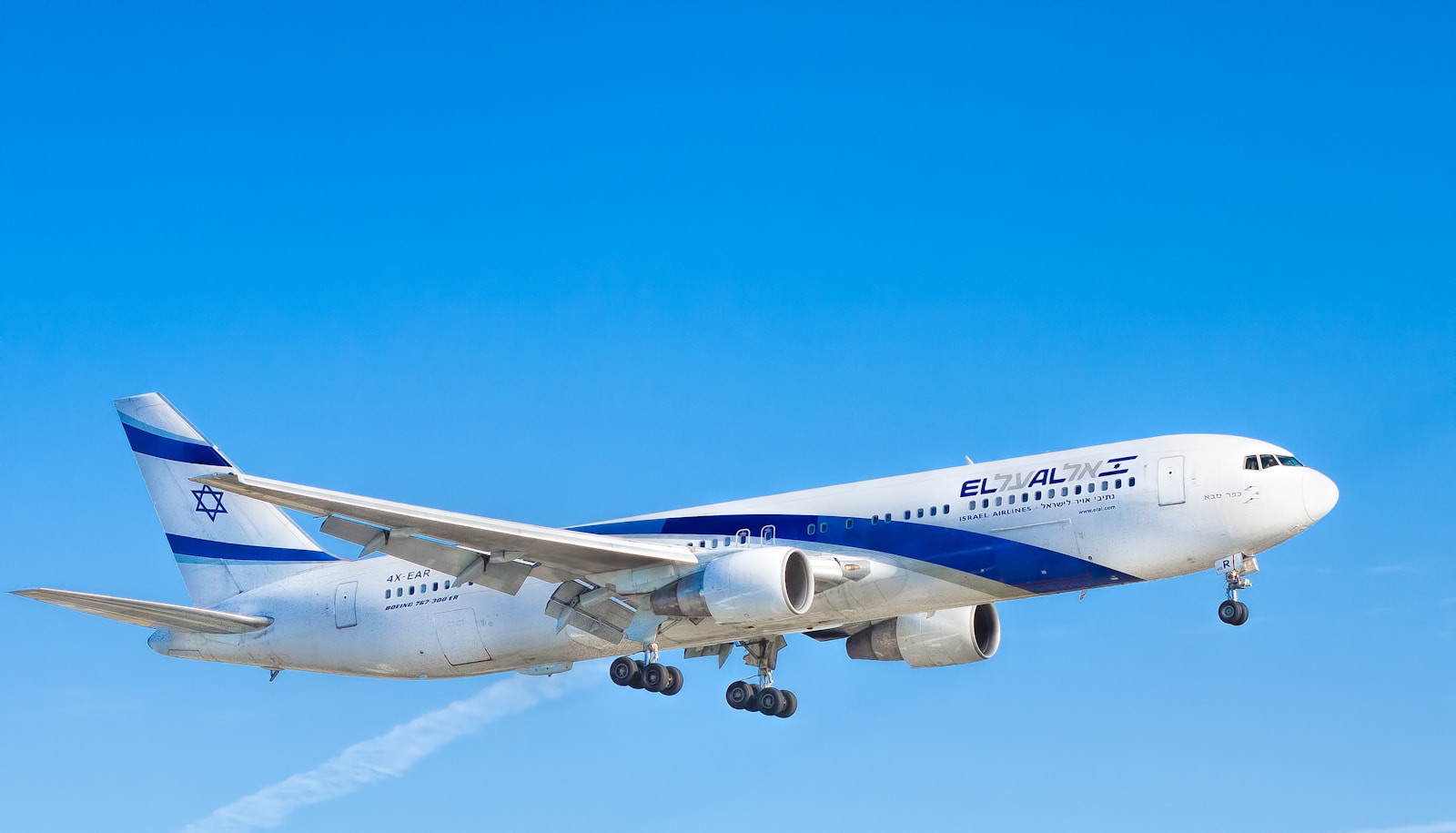
空气
kōng qì

air
The Chinese word for 'air' is '空气', commonly used in the same context as in English. For instance, '我需要新鲜空气' means 'I need fresh air'.
Example sentences using: 空气
空气清新。
Kōngqì qīngxīn.

The air is fresh.
This sentence is used to describe the fresh quality of the air.
空气很热。
Kōngqì hěn rè.

The air is hot.
This sentence is used to describe the hot quality of the air.
这里的空气真好。
Zhèlǐ de kōngqì zhēn hǎo.

The air here is really good.
This sentence is used to describe positively the quality of the air in this place.
我需要新鲜的空气。
Wǒ xūyào xīnxiān de kōngqì.

I need fresh air.
This sentence is used when the person wants to refresh themselves by breathing in fresh air.
空气污染是一个问题。
Kōngqì wūrǎn shì yīgè wèntí.

Air pollution is a problem.
This sentence is used to point out the issue of air pollution.
空气变得稀薄。
Kōngqì biàn dé xībó.

The air becomes thin.
This sentence is used to describe the falling density of oxygen in the air.
空气中弥漫着香味。
Kōngqì zhōng mí màn zhe xiāngwèi.

There is a fragrance in the air.
This sentence is used when there is a noticeable pleasant scent present in the air.
空气质量很差。
Kōngqì zhìliàng hěn chà.

The air quality is poor.
This sentence is used to describe a situation where the air quality is not good.
空气湿度很高。
Kōngqì shīdù hěn gāo.

The air humidity is very high.
This sentence is used to describe a situation where the air contains a lot of moisture.
空气里充满了浪漫。
Kōngqì lǐ chōngmǎn le làngmàn.

The air is filled with romance.
This sentence is used to set a romantic atmosphere or mood in a place.